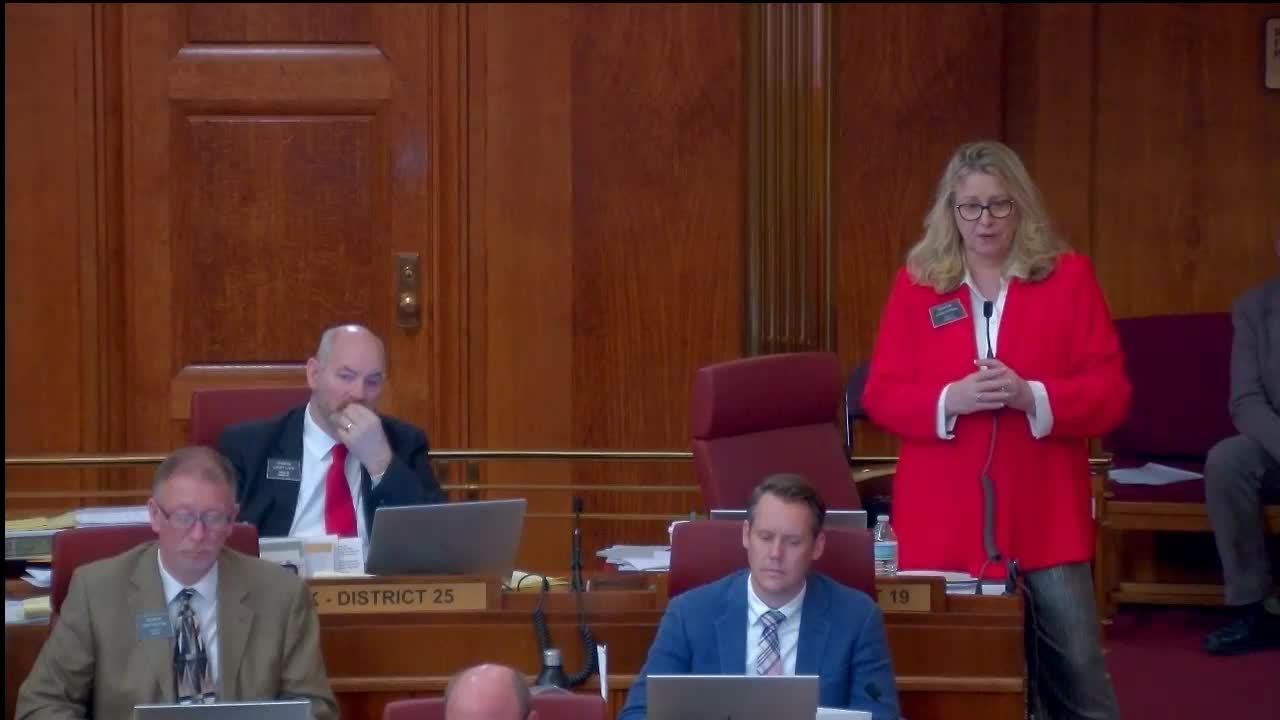Senate rejects bill to withhold infrastructure funds from local governments that restrict energy or agricultural projects
Get AI-powered insights, summaries, and transcripts
Subscribe
Summary
The North Dakota Senate voted down Senate Bill 22‑08, a measure that would have withheld or redirected infrastructure grant funds from local governments that adopt ordinances restricting certain energy and large agricultural projects.
Senate Bill 22‑08, a contentious measure that would have conditioned municipal and county eligibility for certain infrastructure grants on compliance with state policy on energy and large agricultural infrastructure, failed in the Senate 19–27 after robust floor debate.
The amended bill would have redirected a portion of oil and gas tax revenue (often described in debate as the “prairie dog fund” or municipal infrastructure fund) so that political subdivisions that enact ordinances blocking or impeding permitted linear energy infrastructure or certain confined animal feeding operations could be deemed ineligible for those grants. The bill would have made grant eligibility contingent on compliance and allowed appeals to the Board of University and School Lands.
Senator Boehm, the bill carrier, framed the proposal as protecting communities that have long hosted heavy energy infrastructure. He said the state’s revenue sharing depends on significant energy production concentrated in a few counties and asked why a political subdivision that objects to energy infrastructure should still share in revenue generated by that infrastructure.
Opponents called the bill punitive and an erosion of local control. Senator Grama said it targets specific districts and “is an attack on first amendment” and warned it would punish local governments for exercising zoning and land‑use authority. Several senators from rural districts and on both sides of the aisle described the bill as targeted at isolated disputes and likely to generate costly litigation and community division.
Senator Patton defended the bill on constitutional and statutory grounds, arguing the legislature routinely defines the powers and limits of political subdivisions and can set funding conditions. Opponents countered that the bill’s approach singled out certain local governments for financial penalties and risked undermining longstanding local planning authority.
The final tally was 19 ayes, 27 nays, 1 absent. Sponsors said they may pursue narrower legislative options; critics said the defeat affirmed local control.
Because the bill was lost, its provisions will not move forward. Floor debate highlighted the policy tension between statewide infrastructure priorities tied to energy development and local land‑use authority; senators who opposed the bill urged continued negotiation between industry, local governments and landowners instead of statutory penalties.
